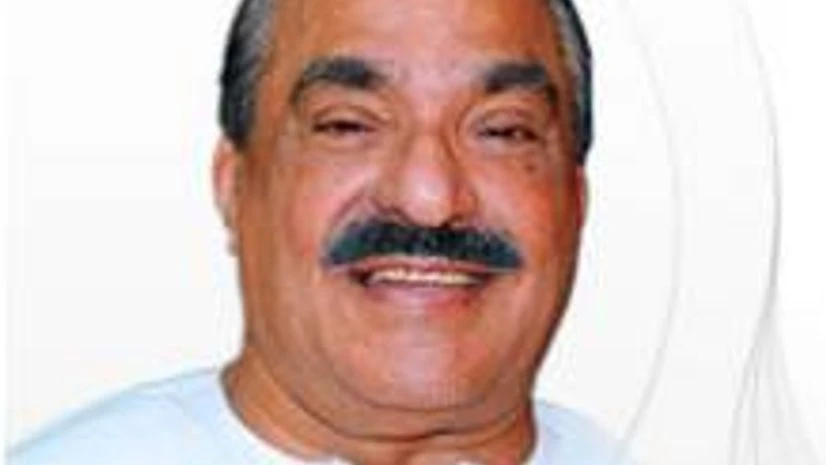After being deferred for five years, all eyes are on whether the goods and services tax (GST) will be rolled out on April 1, 2016, its new target date. K M Mani, chairman of the empowered committee of state finance ministers, is sure the latest deadline will be met. Kerala's finance minister tells G Sreedathan his political struggles in the state will not come in the way of introducing the tax. Edited excerpts:
Political squabbles within your party are hampering the progress of GST negotiations...
There were some problems and they are being sorted out. However, those will not affect the negotiations or the rollout of the tax. We are hopeful that GST will be rolled out on schedule. Things are moving in the right direction.
More From This Section
We are confident the constitutional amendment Bill will be passed by two-thirds majority in both houses of Parliament and then approved by more than 50 per cent of the states.
Petroleum will continue to attract excise duty and value-added tax. Do you have a road map to impose GST on petroleum?
It is good that, for the time being, petroleum is excluded from the GST. But once the GST Council, that is coming up, recommends, after seeing the process and how the tax is being rolled out, petroleum and petroleum products are also expected to be included in the list. We hope this will be done in two years. However, nothing is final, negotiations are on with various stakeholders.
Do you envisage resistance from West Bengal or Tamil Nadu?
There is resistance, but it can be sorted out. Their demand is they should be compensated for revenue loss. Already 1 per cent compensation has been agreed for Gujarat and other states. But these states have a higher demand.
Manufacturing states grudge the GST as a destination-based tax...
The format of the GST is destination-based. That will benefit consuming states and it has been accepted by a majority of states. Some production-oriented states they feel their revenue loss will be higher. To compensate, there is a safety provision of 1 per cent over and above the revenue neutral rate that will be passed on to these states. In addition, the Centre is going to compensate states for the overall revenue loss.
What should be the ideal GST rate? Should states be offered a band?
A study has been done and it suggested 27 per cent. It is still under discussion. A band is another area that has not been finalised.
Will the GST network be set up by next April?
Without the network, GST cannot be rolled out. A company has been incorporated to ready the platform. We will ensure it will happen by April 1 next year.

)
